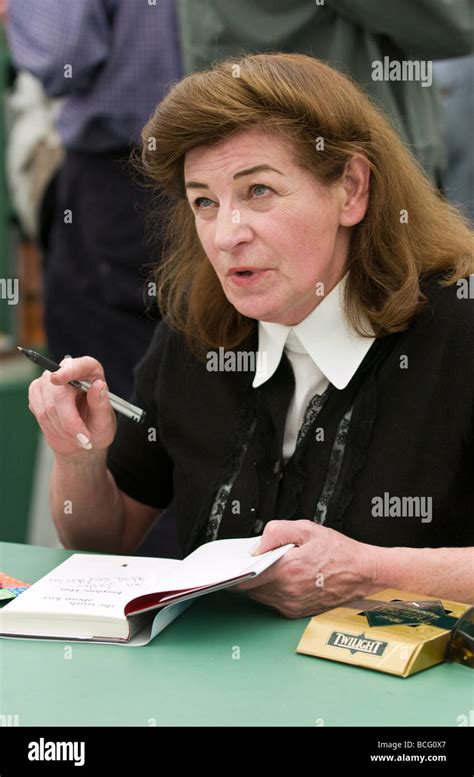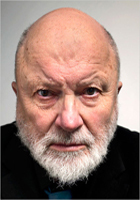A Quote by Jeffrey R. Holland
A life without problems or limitations or challenges--life without "opposition in all things," as Lehi phrased it (2 Nephi 2:11)--would paradoxically but in very fact be less rewarding and less ennobling than one which confronts--even frequently confronts--difficulty and disappointment and sorrow.
Related Quotes
Sustainability is especially ripe for political controversy and opposition because fundamentally it is a new paradigm that represents significant challenges to the status quo. The paradigm of sustainability, with its notions of limitations and carrying capacities confronts dominant paradigms of progress which do not recognize limits to unchecked growth
The people who have achieved more than you, in any area, are only a half step ahead of you in time. Bless them and praise their gifts, and bless and praise your own. The world would be less rich without their contributions, and it would be less rich without yours. There's more than room for everyone; in fact, there's a need for everyone.
Renunciation - non-resistance - non-destructiveness - are the ideals to be attained through less and less worldliness, less and less resistance, less and less destructiveness. Keep the ideal in view and work towards it. None can live in the world without resistance, without destruction, without desire. The world has not come to that state yet when the ideal can be realised in society.
I'm appreciative of things going wrong. At first it sounds crazy, but how boring would life be if you just coasted along without any challenges? Without learning about who you really are through the process of going through the darker times? Without feeling the sense of elation when you reach even a small stepping stone?
What do you mean less than nothing? I don't think there is any such thing as less than nothing. Nothing is absolutely the limit of nothingness. It's the lowest you can go. It's the end of the line. How can something be less than nothing? If there were something that was less than nothing, then nothing would not be nothing, it would be something - even though it's just a very little bit of something. But if nothing is nothing, then nothing has nothing that is less than it is.
Without the Holy Spirit, Christian discipleship would be inconceivable, even impossible. There can be no life without the life-giver, no understanding without the Spirit of truth, no fellowship without the unity of the Spirit, no Christlikeness of character apart from His fruit, and no effective witness without His power. As a body without breath is a corpse, so the church without the Spirit is dead.
We are difficult. Human beings are difficult. We're difficult to ourselves, we're difficult to each other. And we are mysteries to ourselves, we are mysteries to each other. One encounters in any ordinary day far more real difficulty than one confronts in the most “intellectual” piece of work. Why is it believed that poetry, prose, painting, music should be less than we are? Why does music, why does poetry have to address us in simplified terms, when if such simplification were applied to a description of our own inner selves we would find it demeaning?





































